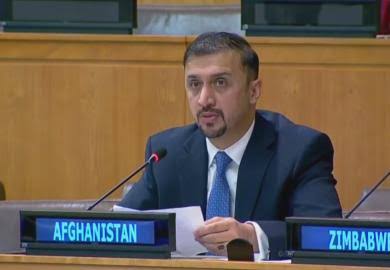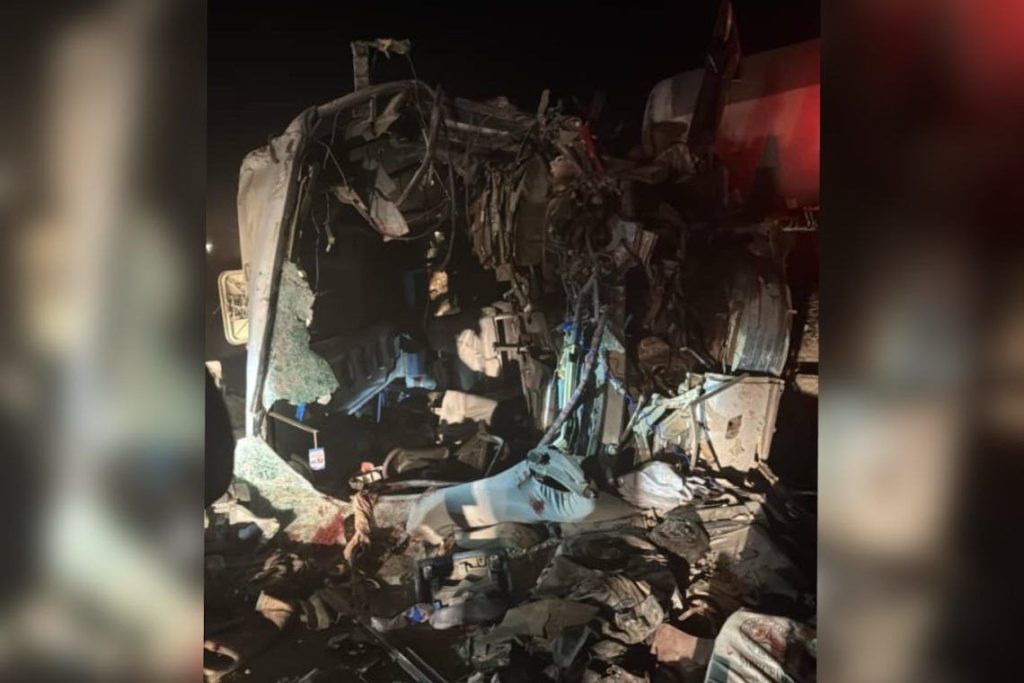Naseer Ahmad Faiq, the Acting Representative of Afghanistan at the United Nations, addressed the seventy-eighth session of the United Nations Security Council’s Third Committee on Tuesday, October 24th.
Kabul 24: He emphasized the significant challenges faced by Afghan refugees and migrants in neighboring countries regarding their legal status, protection, and vulnerability to abuse.
During his statement, Faiq commended the generosity of nations hosting Afghan refugees over the years and urged these countries to respond with compassion and a steadfast commitment to human rights principles.
Faiq expressed deep concern about the human rights situation in Afghanistan under the Taliban’s control. He highlighted the humanitarian crisis resulting from the absence of a responsive government, which intensifies vulnerability, exploitation, and the radicalization of women and girls.
The Acting Representative pointed out alarming trends, such as increasing rates of child marriages, coercion, family violence, and gender-related killings. He stressed that the lack of access to legal remedies and justice perpetuates violence against women and fosters impunity for such heinous crimes.
Faiq urged the international community to take coordinated action to address these violations and safeguard the rights and well-being of the people of Afghanistan. He emphasized the importance of a comprehensive resolution leading to a legitimate and broad political structure in the country.
In a related context, Richard Bennett, the United Nations Special Rapporteur on Human Rights in Afghanistan, highlighted in his latest report the combination of challenges faced by Afghanistan.
These challenges include the deteriorating human rights situation due to the repressive policies and actions of the Taliban, a culture of impunity, continuous humanitarian and economic crises, recent devastating earthquakes, and the possibility of forced return of migrants.
Bennett emphasized the urgent need for immediate action to prevent further suffering and potential instability in both Afghanistan and the region







